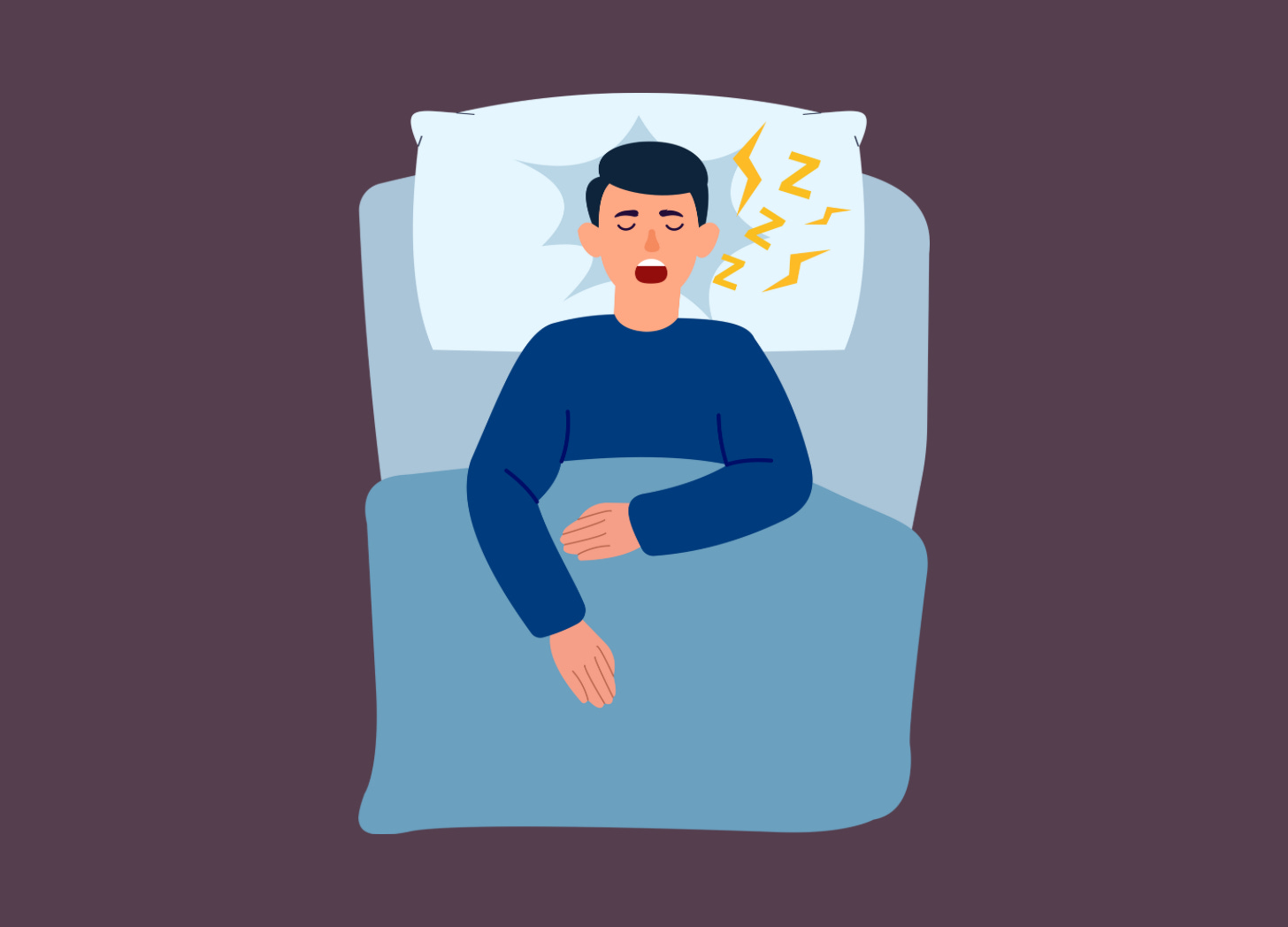Hi friends
I’ve been having trouble sleeping lately, so I delved into my resources I used to share with my clients, for some support to get myself back on track. I wanted to share it with you too, since poor sleep effects as many as 30% of us. The reasons for this fall in these broad categories:
Poor sleep ‘hygiene’ where habits and choices influence sleep quality.
Worries and unfinished business
Self sabotage, where we contribute to both of the first two
Biological factors
I fall into the second category right now, with pressure, stresses and worries swirling through my mind so I find it hard to fall asleep, and wake up early too. My circumstances are currently largely out of my control, and going about life tired, sluggish and drained only makes problem solving harder. The hormone rollercoaster of peri-menopause isn’t helping.
Perhaps you’ve been here too, hoping that tomorrow will be a better day, but not sure how. I realised I could make a few changes to bring back my healthy sleep patterns, address how I deal with my worries better - and it’s working.
What about you?
What do you do that contributes to poor sleep, effecting your mood, energy and self esteem?
Are you dealing with worries effectively, or do you let them tumble around your mind whenever they fancy?
Do you sabotage your sleep, perpetuating old life scripts and patterns?
Instead of hoping tomorrow will be a better day, let’s move from passive to active with these twenty five powerful ways to improve your sleep.
25 Tips to Help You Sleep Better - Part 1
These tips are backed by science and easy to implement. I broke this post into two parts as I wan’t to give you a chance to test them out. The second part will be out next week.
Wake up at the Same Time Every Day
If you’re sleeping badly, or are out of routine by sleeping in and taking naps, let’s reset. Tip one is to wake up at the same time each day, no matter how tired you are. You’ll be more tired at bedtime.
As soon as you wake up and see daylight, your brain sleep timer is getting ready for sleep later on, as it starts to produce our sleep hormone, melatonin - and you give it more time to make it. This is far more important than going to bed at the same time.
Get Out in the Daylight
It’s harder when the days are shorter, but daylight is a key ingredient in making melatonin each day. It is essential, and not stored in the body but produced after stimulation from light. Open the curtains as soon as you wake, and drag yourself outside as early in the day as possible if you can. Look up at the sky.
We need magnesium to make melatonin so you could consider magnesium-rich foods like avocado, spinach, bananas, dark chocolate, almonds, beans, cashews, and other nuts and seeds, or take a magnesium citrate supplement for a boost.
Slow Breathing
By slowing your breath as you settle down to sleep, you signal to your brain that it’s time to wind down. This reduces the wake cycle neurotransmitters and you’ll start to feel sleepy. Give the process a helping hand by deliberately breathing slowly, mimicking how you would breathe if you were asleep. Not only is it relaxing, it is clinically proven to speed up the time it takes to fall asleep.
To read on, I invite you to upgrade to my paid community if you haven’t already, where you will get all 25 tips, as well as relaxing Guided Meditations (more on the way), the Heal Your Past Series, the full archive of personal growth tools with therapeutic journaling in the Members Therapy Tools Page.



